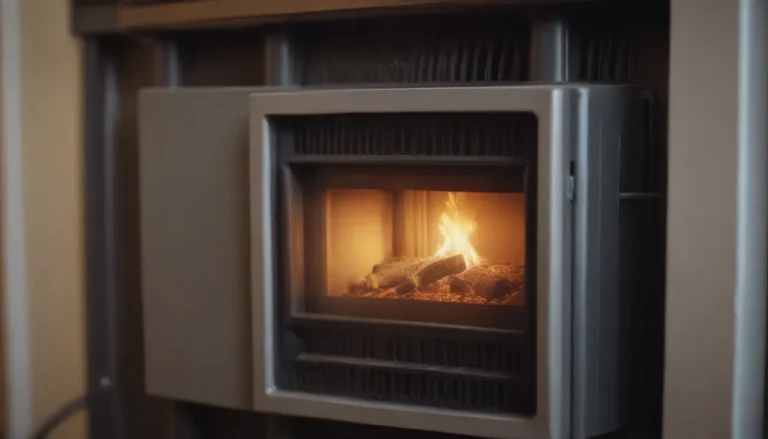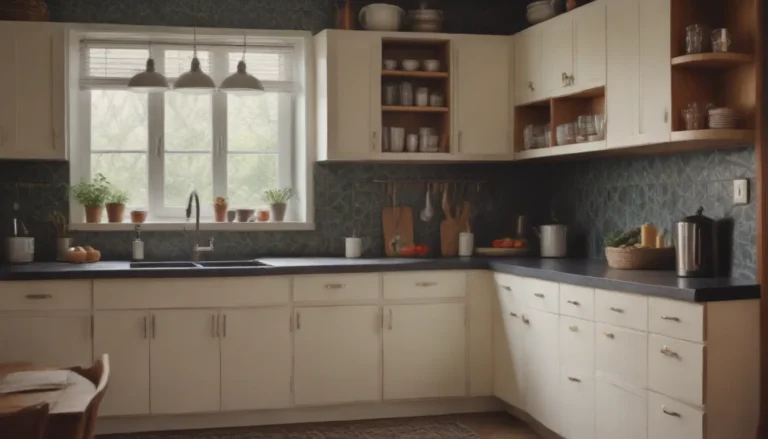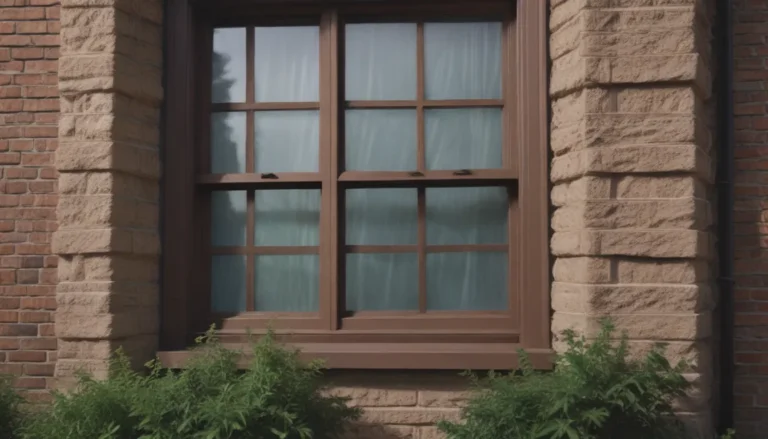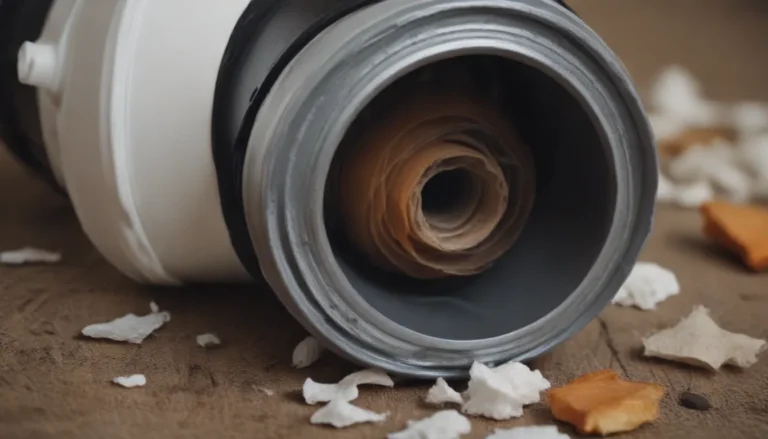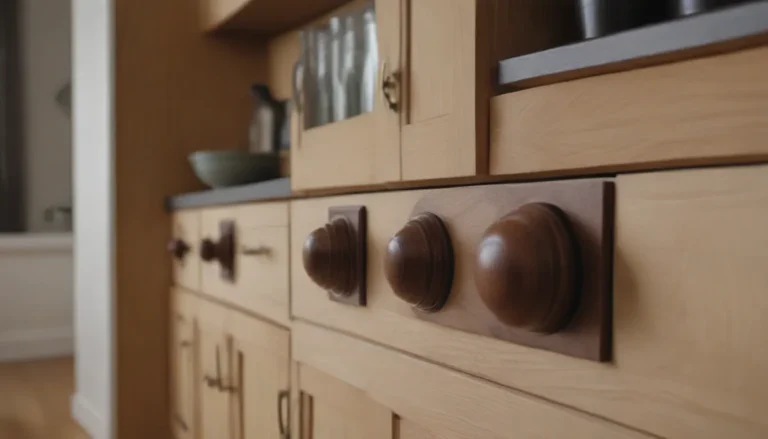A Comprehensive Guide to Bamboo Flooring: All You Need to Know
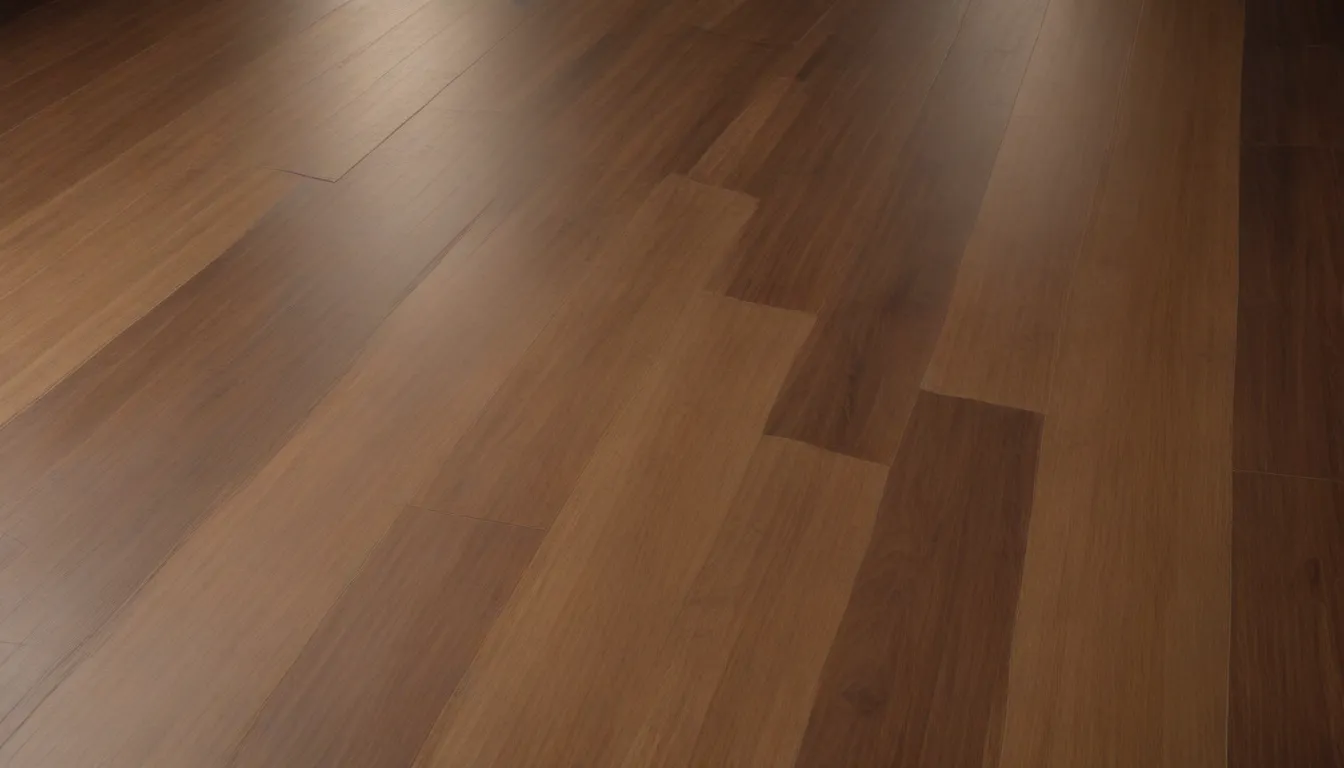
If you are considering bamboo flooring for your home, you are in for a treat. Bamboo flooring has gained popularity in recent years due to its eco-friendly nature and unique aesthetic appeal. In this guide, we will cover everything you need to know about bamboo flooring, including its pros and cons, types, cost, eco-friendliness, maintenance and repair, design, installation, and more. Let’s dive in!
Bamboo Flooring: Pros and Cons
Bamboo flooring shares many benefits and drawbacks with traditional hardwood flooring. Here are some of the key pros and cons to consider:
Pros:
– Renewable material: Bamboo is a fast-growing plant that is considered a sustainable resource.
– Easy maintenance: Bamboo floors can be easily cleaned with regular sweeping, vacuuming, and occasional mopping.
– Adds real estate value: Bamboo flooring is attractive and can increase the value of your home.
– Easy installation: Bamboo flooring can be installed quickly and easily.
– Resistant to pests: Bamboo is naturally resistant to pests like termites.
Cons:
– Easily scratched: Like hardwood, bamboo flooring is susceptible to scratches.
– Humidity swings can cause cracks: In environments with dramatic humidity changes, bamboo flooring may crack.
– Toxins present in adhesives: Some bamboo flooring products may contain formaldehyde in the adhesive, which can emit toxins.
Types of Bamboo Flooring
There are several types of bamboo flooring available, each with its own unique characteristics. Some common types include:
- Stranded bamboo: Made by shredding bamboo fibers and compressing them under high heat and pressure.
- Horizontal bamboo flooring: Planks are constructed by arranging bamboo strips horizontally.
- Engineered bamboo flooring: Consists of a surface veneer bonded to a plywood or MDF core.
Tips:
- Most bamboo flooring has a natural blonde or amber color.
- Darker tones can be achieved through a process called carbonizing, but this may make the bamboo softer and more susceptible to scratches.
Bamboo Flooring Cost
The cost of bamboo flooring is comparable to most hardwood floors. Bamboo flooring products can range from $2 to $8 per square foot, with an average of $3.84 per square foot. Installation costs are also similar to hardwood flooring, averaging around $4 per square foot for labor. It’s essential to find a reputable dealer to ensure you’re getting top-quality material.
Eco-Friendliness of Bamboo Flooring
Bamboo flooring is often chosen for its eco-friendly attributes. Here are some benefits and disadvantages to consider:
Benefits:
– Renewable resource: Bamboo grows rapidly, making it a sustainable material.
– Environmentally conscious: Harvesting bamboo has little environmental impact compared to traditional hardwood.
Disadvantages:
– May contain toxins: Some bamboo flooring products may contain formaldehyde in the adhesive, which can be harmful.
Maintenance and Repair of Bamboo Flooring
Taking care of your bamboo flooring is essential to ensure its longevity. Here are some maintenance tips to keep in mind:
- Cleaning: Regular sweeping, vacuuming, and occasional mopping are all that’s needed for bamboo flooring.
- Water damage: Protect bamboo flooring from standing water to prevent mold.
- Scratches: Bamboo is resistant to scratches but can be refinished if needed.
- Discoloration and fading: Direct sunlight can cause bamboo to discolor, so use shades or blinds.
- Swelling, shrinking, and cracking: Bamboo is sensitive to humidity changes, so maintain consistent indoor conditions.
Design and Aesthetics of Bamboo Flooring
Bamboo flooring is known for its elegant appearance, similar to hardwood but with a unique aesthetic. It can complement various home styles, especially contemporary designs.
Bamboo Flooring Installation
Installing bamboo flooring can be done in various ways, depending on the type of bamboo you choose. Some common methods include:
- Solid Bamboo Planks: Installed similarly to solid hardwood, either nailed down or glued.
- Engineered Bamboo: Consists of a surface veneer bonded to a core and is typically installed as a floating floor.
It’s essential to follow the manufacturer’s guidelines for installation to ensure a durable and long-lasting floor.
Bamboo vs. Hardwood Flooring
When choosing between bamboo and hardwood flooring, consider the differences and similarities:
Differences:
– Bamboo is a renewable resource, while hardwood trees take longer to mature.
– Bamboo may contain toxins in the adhesive, which can be harmful.
Similarities:
– Both bamboo and hardwood flooring offer similar aesthetic appeal and durability.
Top Brands of Bamboo Flooring
For high-quality bamboo flooring products, consider brands that specialize in bamboo. While most major hardwood flooring manufacturers offer bamboo options, dedicated bamboo brands may provide a wider selection and superior quality.
Comfort and Convenience of Bamboo Flooring
Bamboo flooring offers similar comfort and convenience to hardwood. They are non-allergenic for most people, but sensitive individuals may react to formaldehyde and VOCs present in some products.
Is Bamboo Flooring Right for You?
If you value eco-friendliness and unique aesthetics, bamboo flooring may be the perfect choice for your home. Consider factors like humidity, maintenance requirements, and budget when making your decision.
In conclusion, bamboo flooring is a versatile and sustainable flooring option that can enhance the beauty and value of your home. By understanding the pros and cons, types, cost, eco-friendliness, maintenance, design, installation, and more, you can make an informed decision on whether bamboo flooring is right for you. So go ahead, explore the world of bamboo flooring and transform your space with this eco-friendly and stylish flooring choice. Happy decorating!
